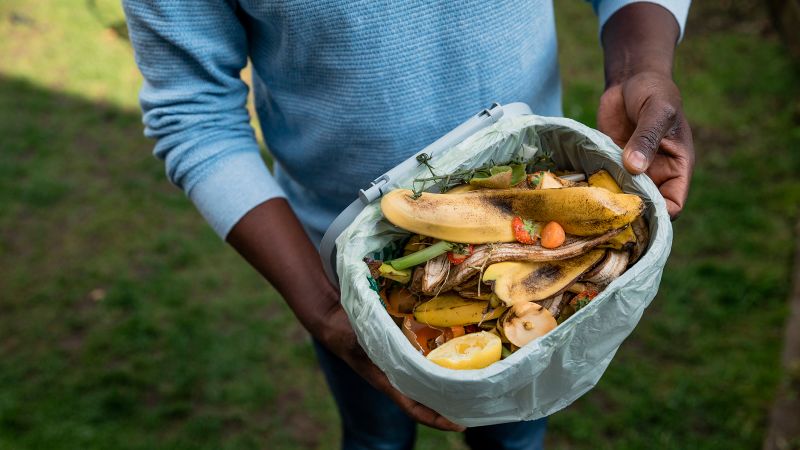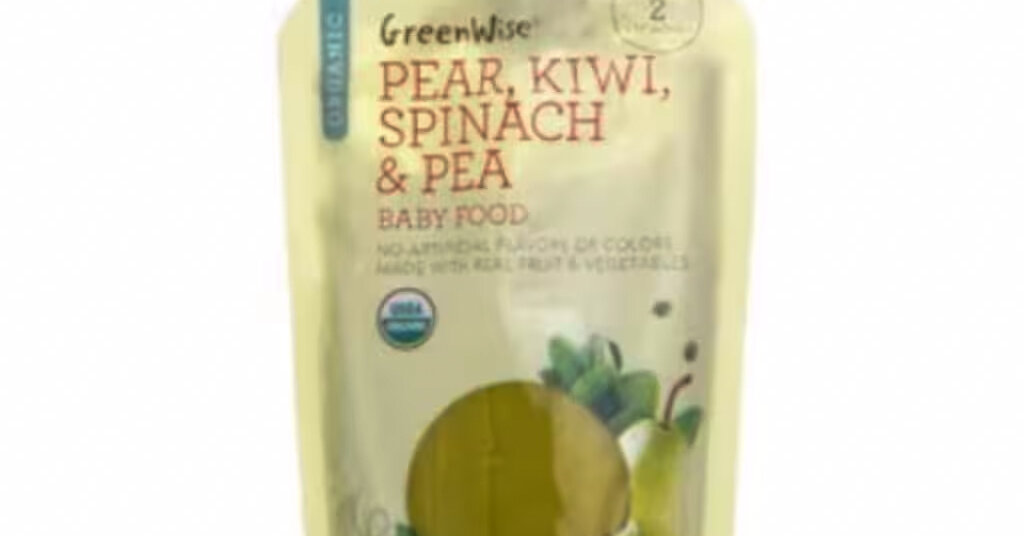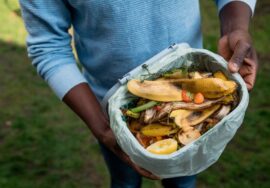Composting is an easy way to reduce food waste. Here's how to do it

As the global challenge of food waste continues to rise, composting is emerging as an efficient and sustainable solution. With more than 1.3 billion tonnes of food wasted annually, according to the Food and Agriculture Organization (FAO), composting offers a simple yet effective method to reduce food waste and contribute to a healthier environment.
Composting is the process of transforming organic waste into nutrient-rich soil conditioner. This natural process recycles various organic materials, such as vegetable scraps, coffee grounds, and eggshells, which would otherwise end up in landfills, creating methane, a potent greenhouse gas. Through composting, these materials are converted into valuable organic fertilizer, contributing to soil health and fertility, reducing the need for chemical fertilizers, and helping to combat climate change.
The process of composting is surprisingly simple and can be done at home. It involves the collection of organic waste, which is then added to a compost bin or pile. Over time, with the help of microorganisms, this waste breaks down into nutrient-rich compost.
There are three key elements to successful composting: browns, greens, and water. ‘Browns’ are materials like dead leaves, branches, and twigs. These provide carbon for the compost. ‘Greens’ are materials like vegetable waste, coffee grounds, and grass clippings. These provide nitrogen. The browns and greens should be balanced for effective composting. Water is needed to maintain moisture and support the composting process.
To start composting, select a dry, shaded spot near a water source for your compost pile or bin. Add brown and green materials as they are collected, ensuring larger pieces are chopped or shredded. Moisten dry materials as they are added. Once your compost pile is established, mix grass clippings and green waste into the pile and bury fruit and vegetable waste under 10 inches of compost material.
Composting does require some maintenance. The compost pile should be turned every few weeks with a pitchfork or shovel. This helps to aerate the pile and speeds up the composting process. If the compost pile is too wet or too dry, it will not decompose effectively. Therefore, it is important to ensure the compost pile has the right amount of moisture.
It’s important to note that not all kitchen waste can be composted. Meat, dairy products, and diseased plants can attract pests and create unpleasant odors. These should be avoided. However, most fruit and vegetable scraps, coffee grounds, eggshells, yard trimmings, and shredded newspaper can be composted.
Composting is not only an effective way to reduce food waste, but it also has a number of other benefits. It enriches soil, helping to retain moisture and suppress plant diseases and pests. It reduces the need for chemical fertilizers and encourages the production of beneficial bacteria and fungi that break down organic matter to create humus, a rich nutrient-filled material.
In addition to reducing the amount of waste sent to landfills, composting also reduces the release of methane, a potent greenhouse gas. It is an effective way to combat climate change at a grassroots level.
Composting is a simple and rewarding practice that can be adopted by anyone. By taking responsibility for our waste, we can contribute to a healthier environment and a more sustainable future. It’s a win-win solution, reducing food waste while creating a valuable resource for our gardens and plants. So why not start composting today?


